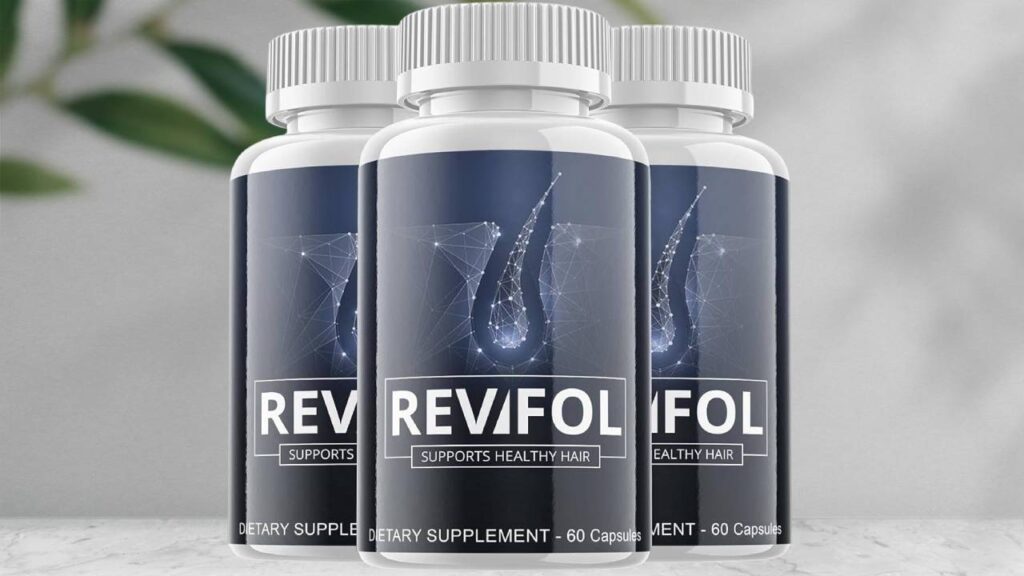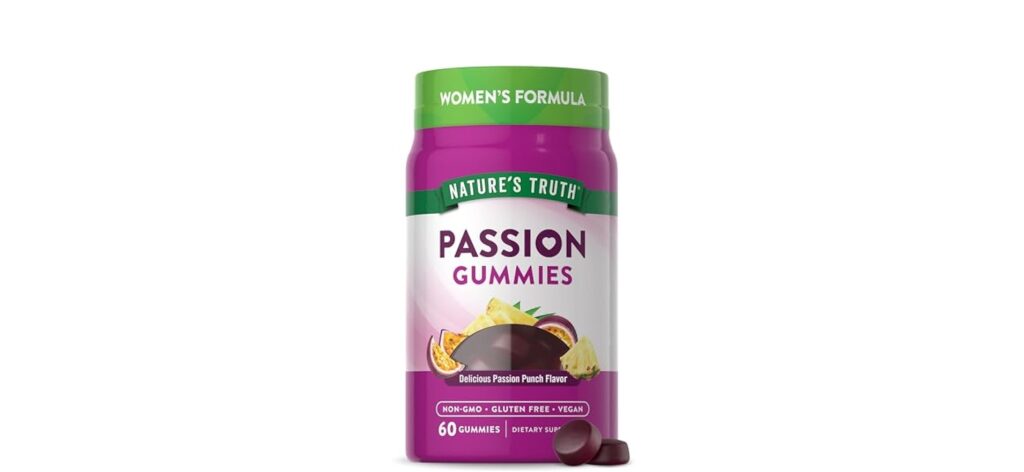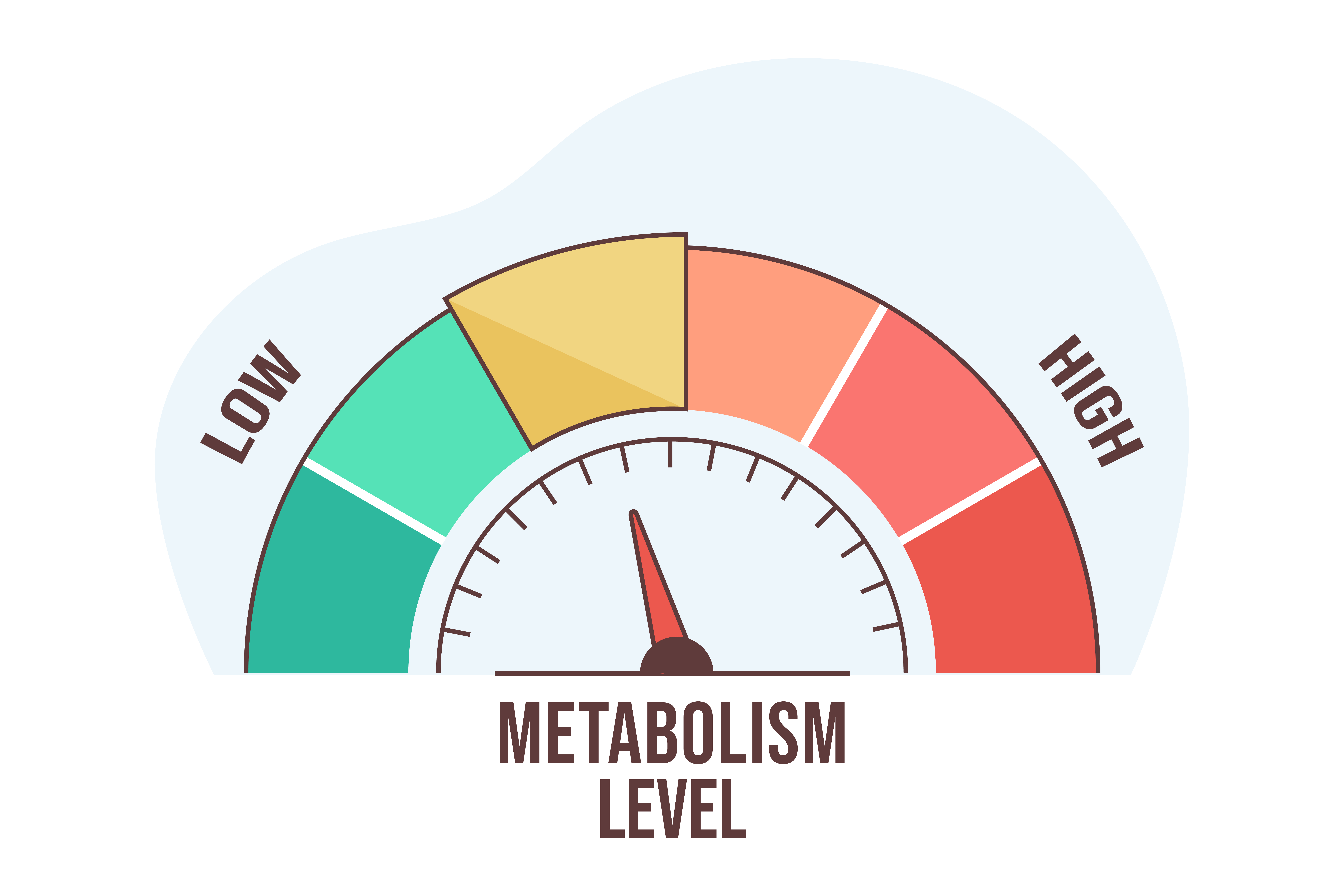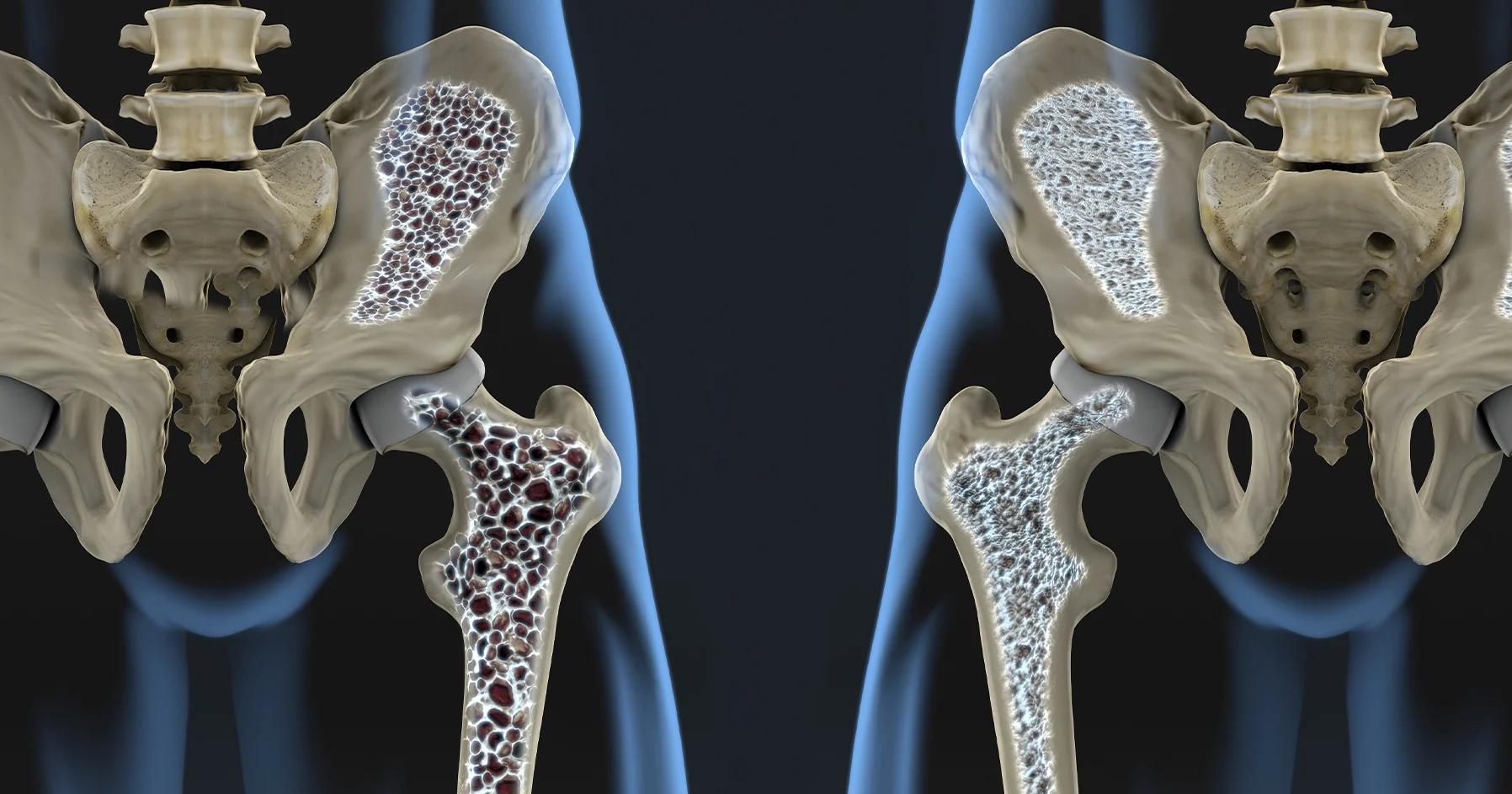
How to Maintain Bone Health and Prevent Osteoporosis Naturally
Bone health plays a crucial role in overall well-being, yet many people overlook its importance until problems arise. Osteoporosis, a condition characterized by weakened bones, increases the risk of fractures and mobility issues. Fortunately, natural strategies can help maintain strong bones and prevent deterioration. This article explores essential nutrients, lifestyle habits, and natural remedies that support bone density and reduce osteoporosis risk. By making informed choices, individuals can safeguard their skeletal health and enhance their quality of life.
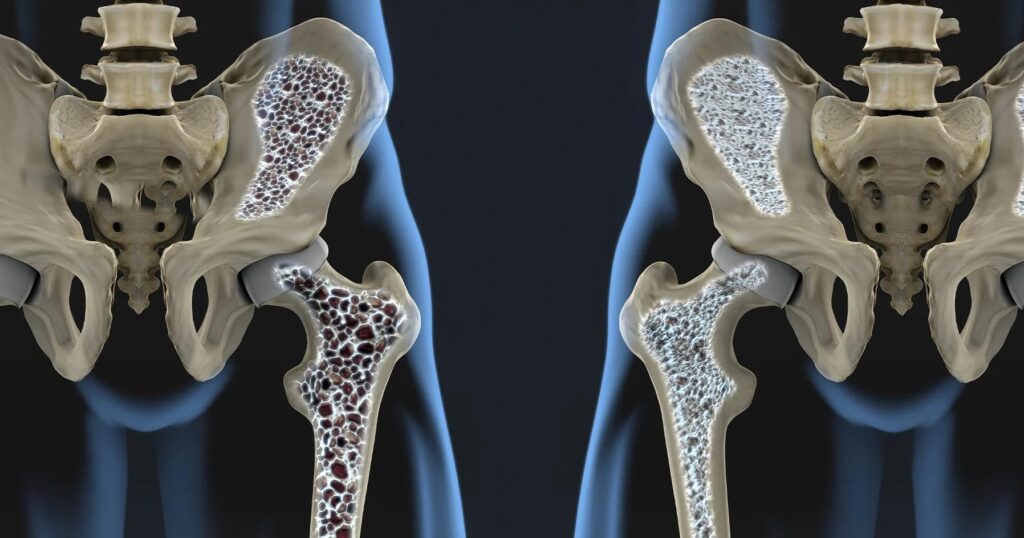
Understanding Bone Health
The Importance of Strong Bones
Bones provide structure, protect organs, and store essential minerals. Throughout life, bone density fluctuates due to diet, lifestyle, and hormonal changes. Ensuring strong bones reduces the risk of fractures and osteoporosis.
Bone Remodeling Process
Bones continuously undergo remodeling. Old bone tissue is broken down and replaced with new tissue. This cycle is essential for maintaining bone strength. However, as people age, the rate of bone loss often surpasses bone formation, leading to weaker bones.
Key Nutrients for Bone Health
Calcium: The Building Block of Bones
Calcium is crucial for maintaining bone density. Dairy products, leafy greens, and fortified foods provide excellent sources. When dietary intake is insufficient, the body extracts calcium from bones, weakening them over time.
Vitamin D: Enhancing Calcium Absorption
Without adequate vitamin D, calcium absorption decreases. Sun exposure, fatty fish, and fortified foods help maintain optimal vitamin D levels. Supplements may be necessary for those with limited sun exposure.
Magnesium: Supporting Bone Formation
Magnesium plays a significant role in bone mineralization. Nuts, seeds, and whole grains are rich sources. A deficiency can lead to impaired bone development and increased fracture risk.
Vitamin K: Assisting Bone Metabolism
Vitamin K aids in bone protein regulation. Leafy greens, fermented foods, and some dairy products contain this essential nutrient. It contributes to bone mineralization and reduces calcium loss.
Protein: Essential for Bone Matrix
Protein forms the structural foundation of bones. Lean meats, beans, and dairy products provide high-quality protein. Adequate intake supports bone density and overall skeletal integrity.
Lifestyle Factors That Strengthen Bones
Regular Weight-Bearing Exercise
Weight-bearing exercises, such as walking, jogging, and resistance training, stimulate bone growth. These activities encourage bone remodeling and enhance overall density.
Avoiding Sedentary Behavior
A sedentary lifestyle weakens bones. Physical activity should be incorporated into daily routines to maintain mobility and bone strength.
The Role of Balance and Flexibility
Exercises that improve balance, such as yoga and tai chi, help prevent falls. Reducing fall risks is crucial for those at risk of osteoporosis-related fractures.
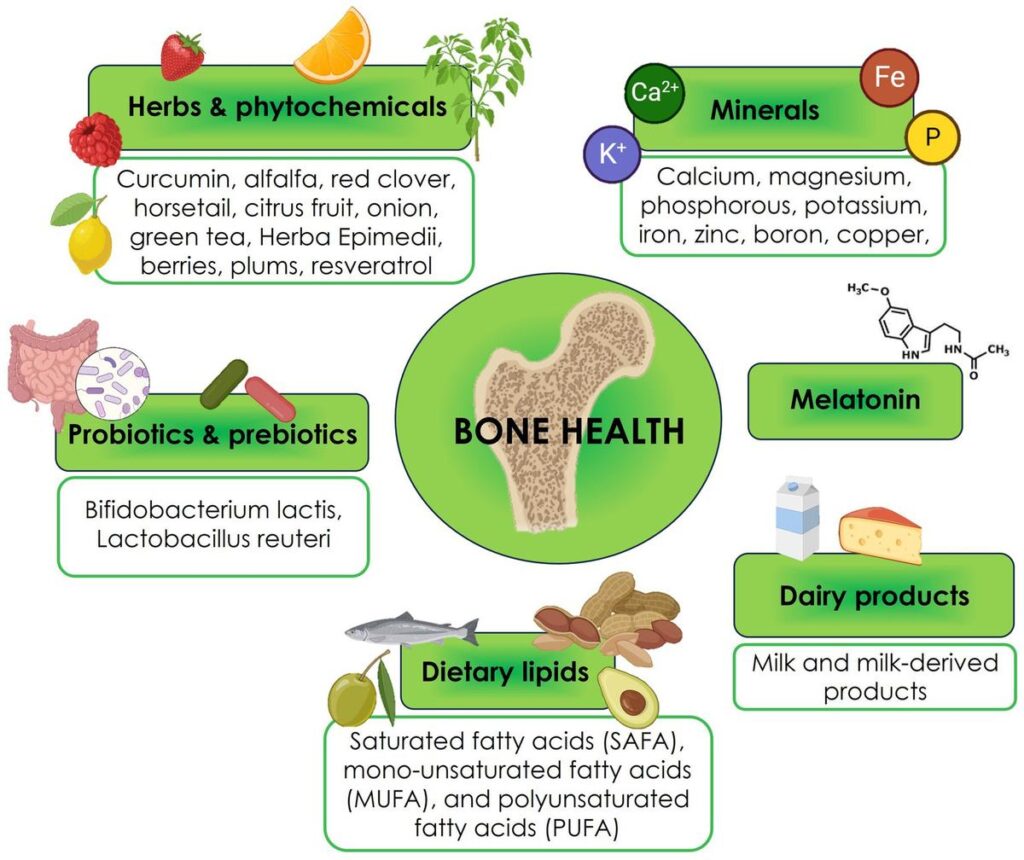
Natural Remedies for Bone Health
Calcium-Rich Diet
Calcium is a crucial mineral for bone health. It not only helps in the formation and maintenance of bones but also accelerates the healing process of fractures. Including calcium-rich foods such as dairy products, leafy greens, almonds, and fortified foods in your diet can significantly benefit bone fracture recovery. Dairy products like milk, cheese, and yogurt provide easily absorbable calcium, while plant-based options like tofu and fortified plant milks are excellent for those with lactose intolerance.
Vitamin D
Vitamin D facilitates calcium absorption in the body, making it another essential nutrient for bone health. Sun exposure is one of the best natural sources of Vitamin D. Spending 15-20 minutes in sunlight several times a week can help maintain adequate levels. Additionally, incorporating foods such as fatty fish (like salmon and mackerel), egg yolks, and fortified cereals can help ensure you get enough Vitamin D, especially in regions with limited sunlight.
Magnesium
Magnesium plays a vital role in bone structure and the body’s biochemical processes. It helps convert Vitamin D into its active form, supporting calcium absorption. Foods rich in magnesium, such as nuts, seeds, whole grains, and green leafy vegetables, should be part of a bone-healthy diet. Dark chocolate and avocados are also good sources of magnesium, making it easy to include in various meals and snacks.
Protein
Protein is essential for the repair and regeneration of tissues, including bones. Ensuring adequate protein intake through sources like lean meats, dairy, legumes, and nuts can support the healing process. High-protein foods like chicken, fish, beans, and lentils help build new bone tissue. Including protein in every meal can help meet your daily requirements and promote faster recovery.
Herbal Remedies
Several herbs are known for their bone-healing properties. Comfrey, horsetail, and turmeric are among the most effective. Comfrey has been used traditionally to reduce pain and swelling, while horsetail contains silica, which strengthens bones. Turmeric, with its anti-inflammatory properties, can also aid in reducing pain and inflammation associated with fractures. These herbs can be consumed as teas, supplements, or applied topically in the form of poultices.
Reducing Osteoporosis Risk
Limiting Bone-Depleting Substances
Excessive alcohol, caffeine, and high-sodium diets contribute to calcium loss. Reducing intake of these substances helps preserve bone density.
Managing Hormonal Changes
Hormones significantly impact bone health. Women experiencing menopause face a higher risk of osteoporosis due to declining estrogen levels. Lifestyle adjustments and natural supplements may help mitigate bone loss.
Getting Quality Sleep
Sleep influences bone remodeling. Poor sleep patterns disrupt hormone production, negatively affecting bone regeneration. Establishing a consistent sleep routine supports bone health.
Your bones are your body’s foundation—nourish them well, and they will support you for a lifetime.
Deepak Chopra
Conclusion
Maintaining strong bones requires a holistic approach. A nutrient-rich diet, regular exercise, and healthy lifestyle choices contribute to optimal bone density. By implementing these natural strategies, the risk of osteoporosis can be significantly reduced. Prioritizing bone health today ensures a stronger, healthier future.


